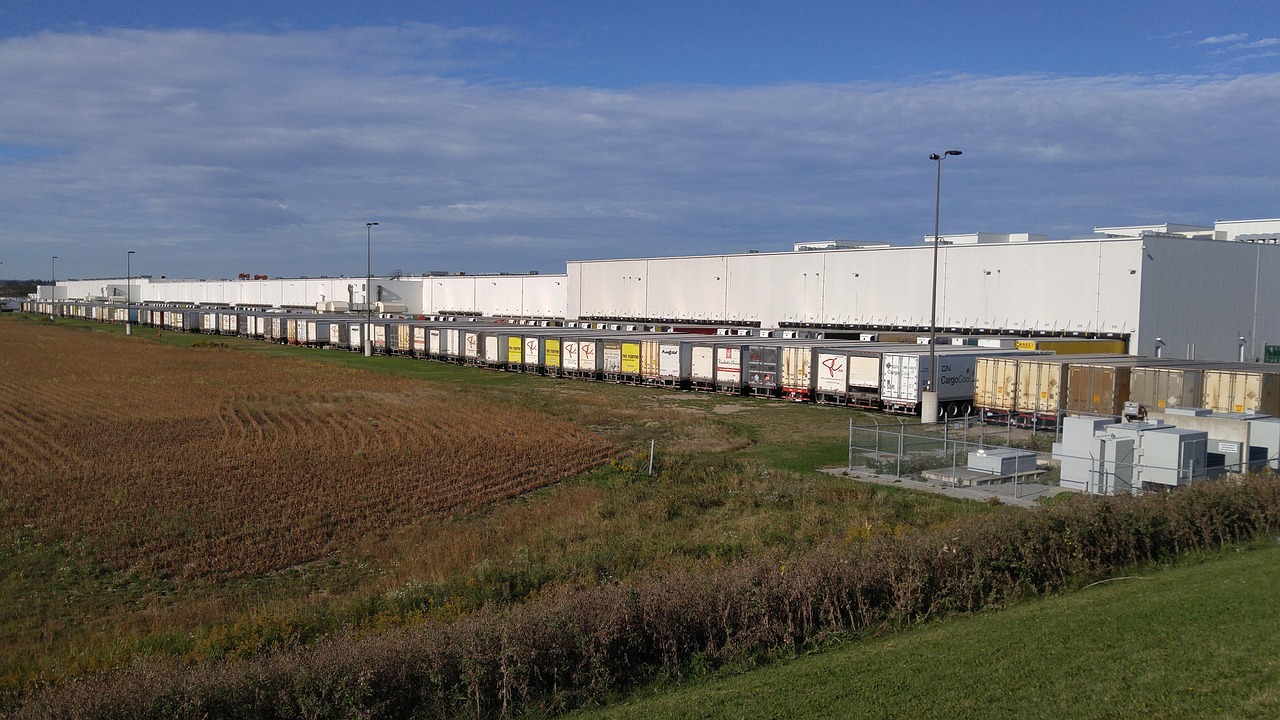How AI, Platforms, and Automation Are Redefining B2B Wholesale in 2025
The B2B wholesale sector in 2025 is undergoing a fundamental transformation. Platform solutions, artificial intelligence (AI), and automation are not only pushing technological boundaries — they are reshaping business models, operational processes, and customer expectations. Companies that fail to adapt risk being left behind in a market that no longer relies on traditional structures.
The Digital Shift in Wholesale
E-commerce is booming — and that includes B2B. According to the B2B Market Monitor by ECC Cologne, around 10.9 percent of wholesale revenue is already generated through digital channels, and that share continues to grow. By 2025, online sales in the wholesale sector are expected to reach half a trillion euros.
This growth is driven primarily by two key developments:
-
Marketplace models are becoming more dominant. Businesses benefit from the reach, infrastructure, and scalability of established platforms — especially niche or industry-specific marketplaces.
-
B2C standards as the benchmark: Today’s business customers expect the same seamless user experience they enjoy as consumers — 24/7 availability, self-service options, intelligent assistants, and personalized product recommendations.

Technologies That Make the Difference
Cloud and Modern System Architectures
More and more wholesalers are migrating their systems to the cloud — motivated by flexibility, lower IT costs, and increased security. At the same time, companies are moving away from monolithic all-in-one systems, instead opting for best-of-breed solutions that combine the strongest tools from different providers. This shift increases the need for seamless integrations between ERP, CRM, logistics, and payment systems.
AI as a Driver of Efficiency and Personalization
Artificial intelligence is no longer an add-on — it’s a core element of modern B2B platforms. It enables:
-
automated product recommendations
-
dynamic pricing models
-
higher-quality chatbots
-
predictive insights into buying behavior or customer churn
When implemented effectively, AI not only enhances efficiency but also improves customer satisfaction. It allows wholesalers to respond faster to market changes, optimize inventory levels, and offer truly personalized experiences — giving them a crucial competitive edge in an increasingly data-driven landscape.
Key Success Factors for Wholesalers in 2025
For wholesale companies, transformation is no longer optional — it’s essential. Future-ready strategies should include:
-
A well-defined platform strategy (marketplace + webshop)
-
Technical flexibility through modular system landscapes
-
Smart automation and AI in day-to-day operations
-
A consistent, customer-centric experience that mirrors B2C standards
Companies that embrace digitalization now will strengthen not only efficiency and customer engagement but also resilience in times of crisis. The B2B wholesale market in 2025 will be shaped by businesses that invest boldly in technology, data competence, and employee training — setting new benchmarks for innovation and service excellence.